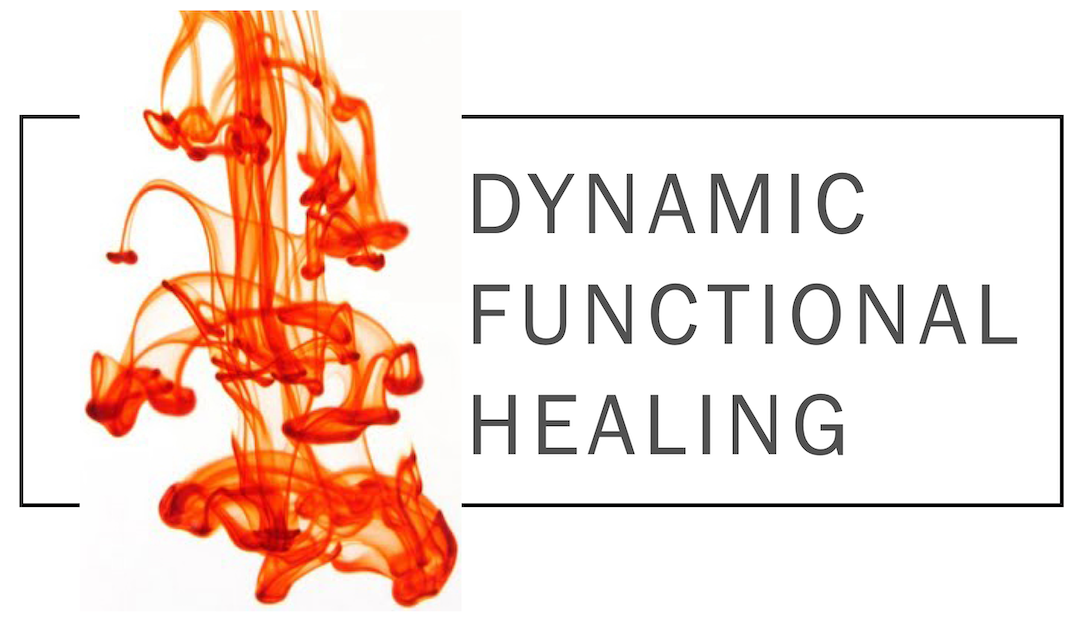In my "Bladder & Pelvic Floor Health" class I always expound the importance of vitamin C because it is involved in so many metabolic processes, making appropriate levels essential to optimal health. How much is appropriate is debated but I generally recommend at least several thousand mg per day. In the past several years studies have shown that vitamin C intake is also important in preventing diseases of aging such as Alzheimer's, Parkinson's and atherosclerosis.
Much of the research has focused on the role of increased dietary nonheme (not derived from hemoglobin) iron intake and disturbed iron metabolism due to mutated genes. [1] Excess iron catalyzes the production of free radicals, plays a role in lipid peroxidation and can lead to deposition and neurodegeneration. Normally excesses pass through the digestive system. A leaky gut or a disruption in absorption may occur due to another pathogensis and allow the excess iron to pass into the bloodstream. This risk is much higher for people who have low vitamin C intake. Most of the excess dietary nonheme iron came from fortified cereals. [2] [3]
This begs the question of what levels of vitamin C these studies consider to be low. Various organizations recommend anywhere from 40mg/day to 100mg/day. [4] Most practitioners agree that these levels are enough maintain life, but not sufficient to maintain optimal functional health. It also highlights the importance of combining iron intake with that of vitamin C; vitamin C aids in the absorption of iron. Those foods high in nonheme iron (leafy greens and cruciferous veggies) are typically also high in vitamin C. Mother Nature knows. Cereal manufacturers, on the other hand, don't fortify with vitamin C.
Excess dietary copper has also been implicated in Alzheimer's. [5]
The pathogenesis of these diseases of aging is still unknown but one can conclude that taking mineral supplements is unnecessary (for well-fed Westerners) and possibly risky. Taking measures to keep your gut healthy (eating fermented foods, taking probiotics, following a gluten-free diet if you're diagnosed as celiac) may prevent a leaky gut from allowing over-absorption of minerals. A healthy lifestyle will protect against pathological genetic expression. And finally, the antioxidant vitamin C has been shown, many times over, to be protective against these diseases. Take much vitamin C.
